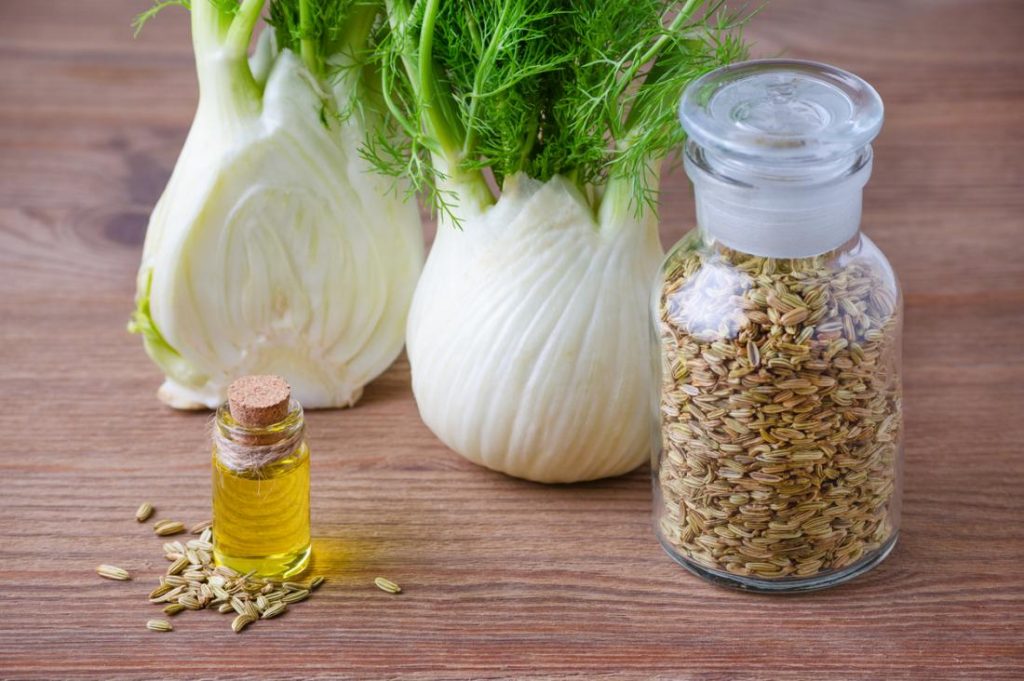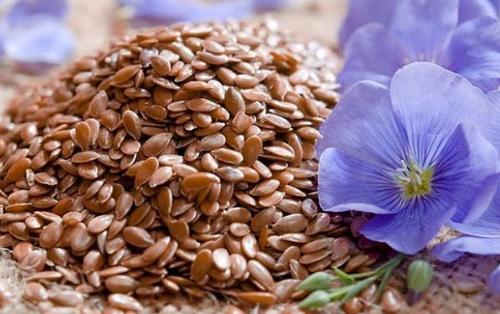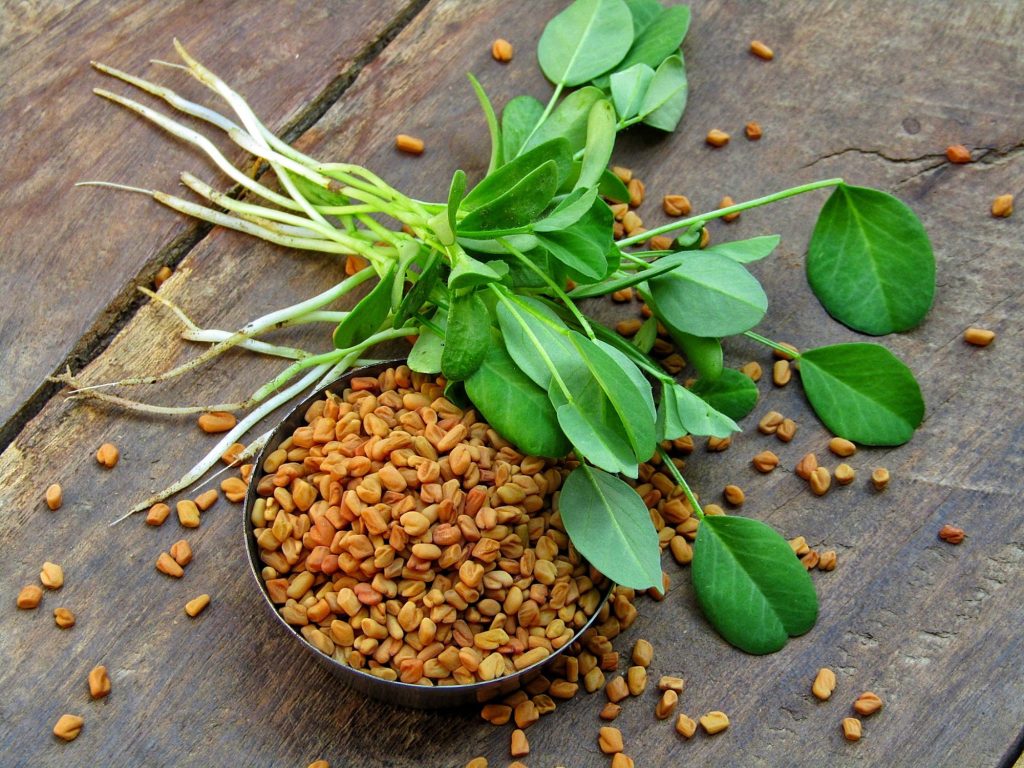
Fennel
Fennel is a flowering plant species in the carrot family. A raw fennel bulb (235 g) consists of 212 g of water, 2.91 g of protein, 0.47 g of fat, and 17.2 g of carbohydrate (including 7.28 g of dietary fiber and 9.24 g of sugars), providing a total of 72.8 Calories (kcal) of energy. The 235g bulb provides 115 mg of calcium, 1.72 mg of iron, 40 mg of magnesium, 188 mg of phosphorus, 973 mg of potassium, 122 mg of sodium, trace amounts of zinc, copper, and selenium, 28.2 mg of vitamin C, as well as choline, several B vitamins, folate, beta-carotene, lutein, zeaxanthin, vitamin E, and vitamin K. Fennel is used for various digestive problems including heartburn, intestinal gas, bloating, loss of appetite, and colic in infants. It is also used for upper respiratory tract infections, coughs, bronchitis, cholera, backache, bedwetting, and visual problems

Flaxseed
Flaxseed is a plant-based food that provides healthful fat, antioxidants, and fiber. It can provide many health benefits. The flaxseed include lignans, antioxidants, fiber, protein, and polyunsaturated fatty acids such as alpha-linolenic acid (ALA), or omega-3. Consuming these nutrients may help lower the risk of various conditions. Flaxseed contains omega-3 fatty acids that may help prevent different types of cancer cells from growing.Flaxseed also contains lignans, which are antioxidants that may slow down tumor growth by preventing them from forming new blood vessels.The American Heart Association (AHA) recommend eating more fiber and omega-3s to boost heart health. Lignans, too, may help prevent cardiovascular disease. Flaxseed contains all of these nutrients. Flaxseed also contains phytosterols. Phytosterols have a similar structure to cholesterol, but they help prevent the absorption of cholesterol in the intestines.

Fenugreek
Fenugreek is an annual plant in the family Fabaceae, with leaves consisting of three small obovate to oblong leaflets. In a 100 gram reference amount, fenugreek seeds provide 1,350 kilojoules (323 kcal) of food energy and contain 9% water, 58% carbohydrates, 23% protein, and 6% fat, with calcium at 40% of the Daily Value (DV, table). Fenugreek seeds (per 100 grams) are a rich source of protein (46% DV), dietary fiber, B vitamins, and dietary minerals, particularly manganese (59% DV) and iron (262% DV) (table). Although once a folk remedy for an insufficient milk supply when nursing, there is no good evidence that fenugreek is effective or safe for this use. There is no good evidence it is useful in traditional practices for treating dysmennorhea, inflammation, diabetes, or any human disorder.




